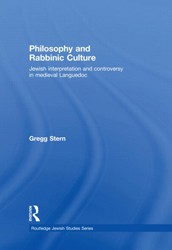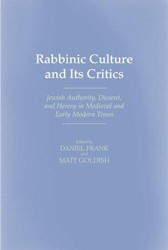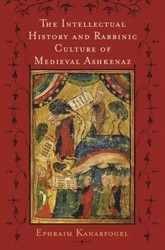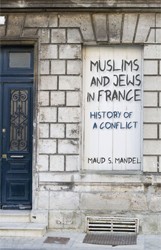Scholars have long been interested in contacts between religions in the Middle Ages. The focus has shifted with time from cataclysmic confrontations to the more mundane ways in which people from different religions interacted and related to each other. Beyond Religious Borders is the product of a year-long research group at the University of Pennsylvania that was devoted to the lives of Jews, Christians, and Muslims under medieval Islamic rule. As suggested by the subtitle, the studies in the volume are mostly devoted to high-level interaction – philosophical and scientific exchange between intellectuals of different religions, and legal boundaries that were imposed by rulers and by religions. A couple of fascinating articles by Haggai Ben-Shamai and Sagit Butbul deal with the first emergence of Judeo-Arabic and with the biblical translations created by Jews in this language before the tenth century. Translation is a prime example of inter-cultural exchange that has been studied extensively, though often without consideration of the factors that led to its creation. Gad Freudenthal’s chapter suggests a historical explanation for one of the major translation projects of the Middle Ages – the translation of Arabic texts in philosophy, medicine, and the sciences into Hebrew by Jews in southern France from the twelfth century onwards. Several of the articles are tantalizingly brief, as they raise interesting questions but defer the answers to future, larger studies. The volume provides a glimpse of the exciting state of Muslim-Jewish studies today, with relevance to medieval Jewish philosophy, the legal status of medieval minorities, and medieval polemics.
Join a community of readers who are committed to Jewish stories
Sign up for JBC’s Nu Reads, a curated selection of Jewish books delivered straight to your door!





